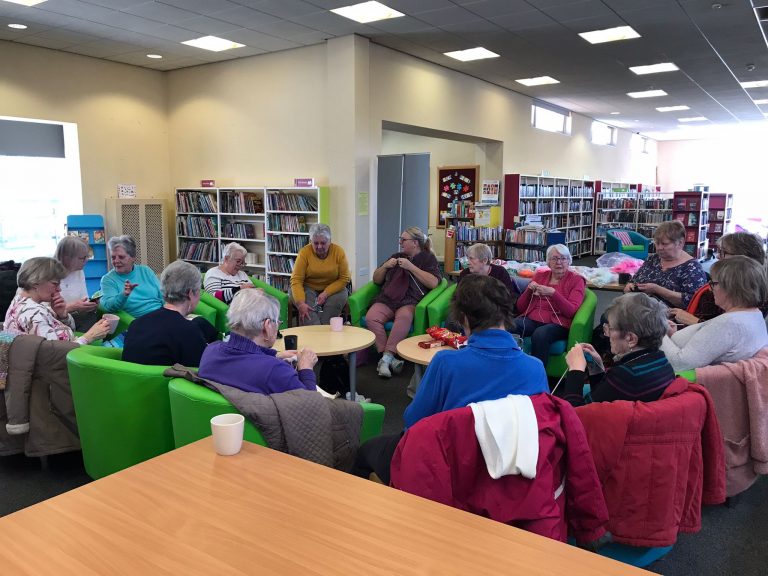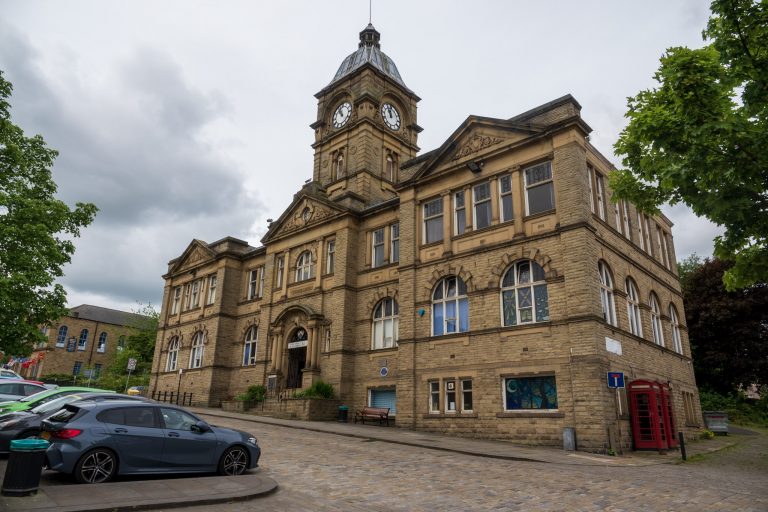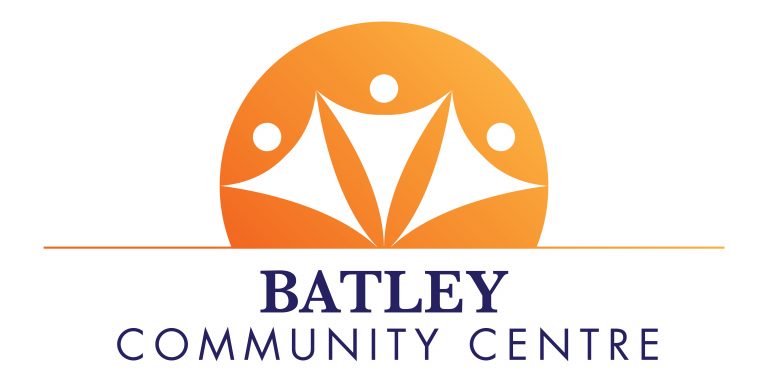Northorpe Hall
Dipika Kaushal is Chief Executive of Northorpe Hall Child and Family Trust – a charity founded 60 years ago to support children where ill health, low income or disadvantage prevented them from accessing and benefiting from mainstream provision. For the past 20 years Northorpe Hall’s focus has been mental health and emotional well-being, providing an alternative to NHS provision that is children and family led. Their innovative and impactful work is dependent on public and private sector funding. In this article, Dipika shares her concerns about children’s mental health provision in the UK.
Mental health roulette
I have been in role now for 18 months and I have been aghast and devastated to experience first-hand how underfunded children’s mental health is and how, for charities like Northorpe Hall, we are beyond underfunded compared to our public sector counterparts.
This chronic underfunding is resulting in a game of roulette for families and providers of emotional wellbeing services and, at a recent MP-led roundtable I attended, parents and grandparents were frank in their testimonies about the challenging reality they face:
“We are made to feel like inadequate parents. We are left to our own devices due to lack of support caused by lack of resources.”
“Systems are absolutely broken. It’s appalling. There is turnover of staff, no continuity of care, and no communication.”
“How bad do things have to get before we get the help we need. I’m frightened it’s going to come too late.”
There were numerous stories of parents sleeping in their children’s rooms to keep them safe, children missing years of education due to lack of support around their mental health and parents having to leave work to support their children as they don’t meet the threshold for support even when presenting with mental health crisis. Many often end up in A & E out of desperation.
1 in 6 children
The latest mental health statistics for children and young people in the UK state that 1 in 6 aged 6 to 17 have a probable mental disorder. That’s five children in every classroom of 30 across the UK. Even more worrying, 74% have developed this condition before their 14th birthday yet there is still a belief that children in their late primary and early secondary school years, are too young to be troubled by anxiety and depression. How fundamentally wrong this is?
As a charity, Northorpe Hall’s vision is that children and young people have good mental health most of the time and fast access to support when they don’t. We believe in early years intervention and our approach to children’s mental health and wellbeing is holistic, involving parents, carers, schools and community groups. We design support solutions that deliver real results, and our work is recognised as being innovative and impactful.
Innovative and impactful
A great example is linked to NHS winter pressures funding, provided because ‘too many’ young people were presenting at A & E with a mental health crisis. This funding enabled Northorpe Hall to develop a dynamic partnership with a creative arts charity. The model brought together Artists and Emotional Wellbeing Support Workers to provide safe spaces for young people to manage their anxiety and a range of mental health conditions whilst waiting for CAMHS support. Aside from the well-being benefits arising from friendships and connectivity, we evidenced anxiety being managed or reduced, coping skills improving and the risk of mental health crisis diminished.
The young people’s feedback speaks for itself:
“Before attending the group I was very lonely and lost and stuck in my head and stuck at home. It got me out of the house, and out of my head, it provided a safe space where, for the first time in a long time, I could genuinely be myself.
I had something to look forward to, something to do, a great way to spend time, and an escape from home, a rest from my exhausting day to day that helped me reconnect with myself, my creativity, and people like me. I felt less alone, more positive”.
“It has been challenging to be around people and to socialise but it has been rewarding developing skills around socialising and people overall it has been very fun and beneficial”.
“I was very nervous the first time I came, but then I sat down with Winston (the poetry guy) and we talked about rain and beautiful words and human habits and I felt so connected and understood and I was very excited to go back and very happy to connect with people like me.
It took me a little bit longer to connect with my peers and I felt quite nervous when it was busy, but now I run to the door to greet my friends when they arrive!
On hard days Amy checks in with me, caring and supporting me, and then when I’ve had a good cry (and a cuppa), working on creative projects lifts my mood massively.
I also learn loads and try new things which I love”.
If scaled up, these types of programmes have the potential to help thousands of children across the country develop new skills, manage their mental health and become more emotionally resilient. Frustratingly, there is limited interest from public sector funders to invest in this type of preventative work and, now that the funding for this programme has ended, unless we secure new funding, the programme will end, leaving these young people high and dry again!
Is it time?
Our children, young people and families deserve better than this. Let’s not gamble their futures away.
Is it time for public fund holders to pay proper attention to the growing mental health crisis in children and young people?
Is it time for government, public funding and funders to stop gambling all available funding on expensive models of care which arguably treat the symptoms and not the cause?
Is it time to increase investment in proven social models of care, support and intervention?
Yes, Yes and Yes. We MUST do something about the alarming growth of anxiety, depression and complex mental health conditions across our child and adolescent communities. My belief is that social models of mental healthcare work and sit squarely within public health principles and, together, we have a responsibility to stop the tsunami of demand and long waits for treatment.
I’m proud that over the last 60 years, Northorpe Hall Child and Family Trust has helped improve the lives of thousands of children and young people and I would love the charity to thrive and grow over the next 60. Clearly much needs to be done to improve the current situation but I for one, along with my fantastic team at Northorpe will be relentless in our pursuit of additional funding this year and highly vocal in lobbying for change.
Get involved
The innovative work we do at Northorpe Hall Child and Family Trust is dependent on donations and fundraising. You can find out how donations help and make donation via our website www.northorpehall.co.uk/donate.
If you work for an organisation, you might be interested in choosing us as your charity of the year, meaning we benefit from all your fundraising efforts over 12 months or more. Find out more here:
www.northorpehall.co.uk/corporates
Useful information
Child And Adolescent Mental Health Care Is in Crisis
An FOI investigation by The House has uncovered a postcode lottery in child and adolescent mental health care, with some desperate young people waiting up to four years for help.
Read in The House: https://apple.news/Ab46WlRVoTDSapNB-
In 2022, Northorpe Hall helped over 5500 families with mental health and emotional wellbeing challenges.
We trained 170 schools to spot the early signs of emotional wellbeing difficulty and take appropriate action.







